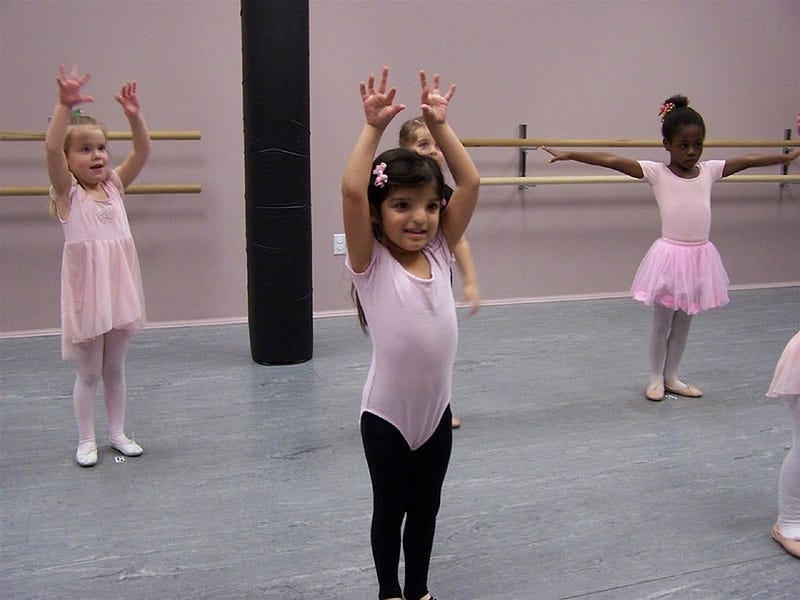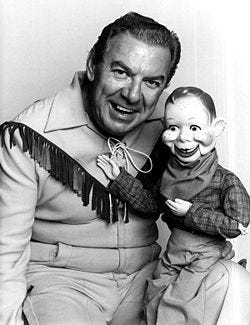Emma Asks a Question
I’ve written about Emma before: She is six years-old and in kindergarten.
Like all grandchildren, she is curious, brilliant, beautiful, funny, intelligent and amazingly perceptive. More than most, she is very fortunate.
She has two loving parents and six (count them) attentive grandparents. Her aunt and uncle live near by and she gets along well with her cousins. Her parents have good, stable, interesting jobs. She lives in a very nice house, with a nice yard, in a friendly town, with a very good school system. She is secure, happy, makes friends easily and certainly feels free to express herself; a lot.
The town she lives in is only a few miles from Boston. It participates in the METCO program which brings children from Boston to many of the suburban schools for the purpose of exposing everyone to different cultures. It was established in 1968 and has been very successful.
I was there for dinner the other night, and after we all agreed on what, and how much she and her two year-old brother would eat, Emma chirped up and asked the following question:
Why are all the kids who get on the city bus all different colors while the White kids all get on the town bus?
Everyone’s first response was “Wow, that’s a really good question. You really notice a lot of things.”
Her mother, who had finally sat down to eat said “ That’s an important question and the answer to that is very complicated.” She then mumbled something about institutionalized racism, and let the rest of us try to give Emma and answer. My wife, who Emma calls Nanny, told her that not everyone gets to go to a school as good as hers, so some kids come from the city so they can go to her school.
I tried to explain it a bit more by telling Emma, in my best eight year-old language (she’s only six, but you know how precocious our own grandchildren must be) that not everyone is as lucky as she is. Many people never get the chance to live in a house like this, in a town like this, and go to a school like hers. Then I added that “some people don’t give people who are a different color as much of a chance to do everything they want.
As Emma respond to that with a look of total confusion her brother announced that he wanted to play with Thomas (his train) and the usual dinner chaos resumed. I did Keep Emma’s attention long enough to tell her that very soon, I would take her to see parts of the city where some of the kids on the city bus live. That way she could see how it is different, and how they get along. She seemed very interested in taking a field trip like that, especially since it would probably include ice cream. Her brother would love it if we went on the trolley.
But we really haven’t answered Emma’s question. She did go to the Women’s March in Boston last Saturday. She was a bit overwhelmed by the size of the crowd, but people seemed so happy she was there that she felt safe and a part of what was going on. She had made her own sign on a piece of construction paper that read: “Hello. Are You Good or Bad?” The answer to that question will have a huge impact on her life. We are hoping to minimize the bad.
Still, we are left with the problem of having to explain to a happy, secure, privileged six year-old that she is a member of a flawed species. Even after 200,000 years of some kind of civilization, people still have a great deal of difficulty trusting people who look and act differently, All of our new, amazing technology has not yet lived up to its potential of making life better for everyone.
How to we tell her, without scaring her half to death, that several of her great-great aunts and uncles were murdered in Europe seventy-three years ago because they read the wrong books. How do we explain to her why the parents of her new friends who get on the city bus would like to have a job like her father, but they never seem to get them. And it probably isn’t because they wouldn’t like to work there or they couldn’t do the job. It’s just because…… it never seems to happen.
She knows that all the women in her family, her mother, her aunt, and all her grandmothers, all have or had good jobs, and were all in leadership positions. She expects that this will be in her future; right now it would be running a hair salon.
These questions have become even more important during this time of Trump. It is a time when the President talks about whole groups of people as scary, and that they shouldn’t be let into this country, or they should be thrown out. He Tweets mean things about people who disagree with him, and he tells new lies every day. People on TV are always talking about those lies.
Maybe we just tell her that there are many people right here in America who think that their money is more important than other people’s lives, and she had better learn to make and keep her own money, and the hell with everyone else. If she wants to, she can hire some poor folks as body guards and pay them $8 an hour plus benefits, and they’d be happy for the benefits.
But we don’t want to say that, because we don’t want it to be true. It was easier to tell her about what was happening when we thought these things were getting better. Now we will find away to tell her that we, along with everyone she saw at the march, are working to make the backlash to the backlash happen. And that most people really care about people, and are working to make things better for everyone, all around the world. We will show her that rooting for America is not like rooting for the Patriots, because in life, it’s much better when people help each other than when they try to make winner and losers. (And most people hate the Patriots because they win so much).
We can already tell her that she is doing her part, just by doing what she is doing and being good friends with the kids who get on the city bus. She doesn’t know why that’s such a big deal, and really, it isn’t. But it’s good, and it helps, and it will make things better.
The rest is up to us. We have to be the adults in the room. We have to work hard to get rid of the bigoted, the bullies, the greedy and the liars. We have the resources, the knowledge, the technology and the skills to do so. We just have to put in the effort, and show Emma, and all the kids of her generation, that we care about them, all of them.








